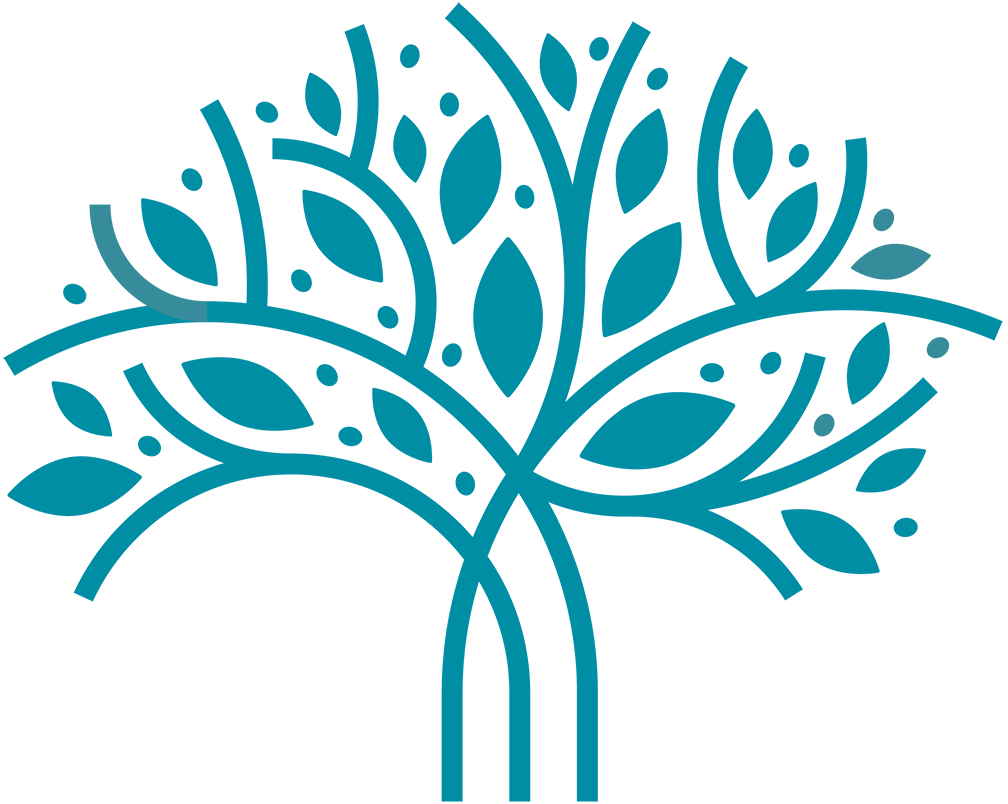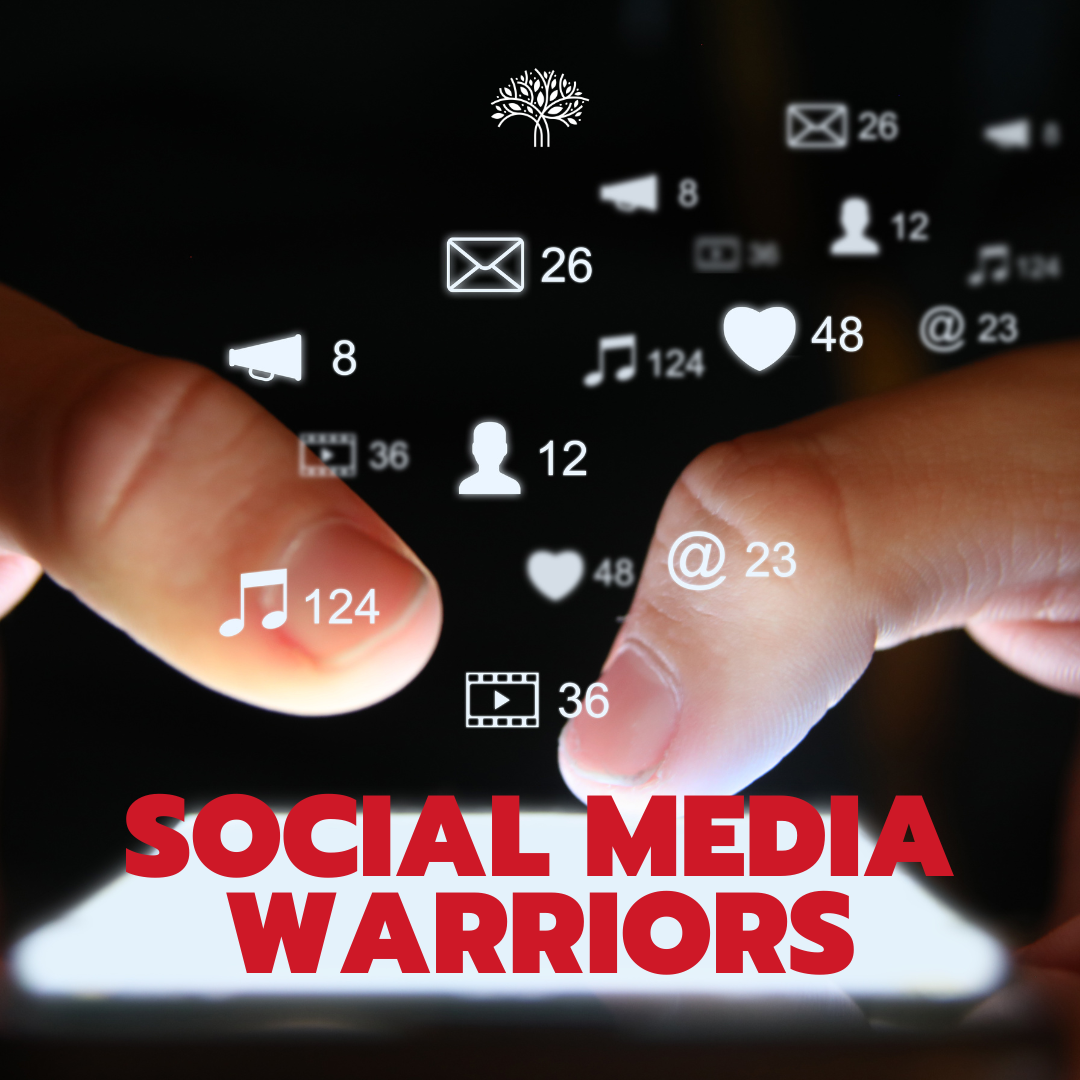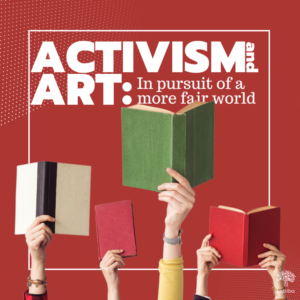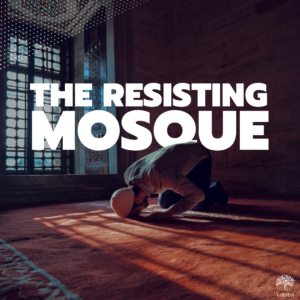By Lydia Alaiadi
With more than 28.000 Palestinians dead, including children, Israel continues its offensive in Gaza, repeatedly claiming that their only true enemy is Hamas, and their mission is to destroy it and get all their people back home safely.
The Israeli narrative
In the Israeli narrative, Hamas is responsible for all the Palestinians who have either died, been injured, or were forced to leave their homes. According to Israel’s narrative, they are being blamed for crimes they have not committed, and they are only fighting to protect what is theirs. However, people online (especially in Western social media) are not convinced by the Israeli narrative. After all, there is a lot of footage that shows the painful circumstances in Gaza, and Israel’s offensive war only increases the death toll. People worldwide are protesting online, posting about the topic, applauding celebrities who support the Palestinian effort, and keeping the issue alive and relevant.
I like to call them Social Media Warriors, fighting for the freedom and safety of people through the internet. And they are the main reason why voices that have so far been unheard have someone who will speak up for them.
#FreePalestine
It’s noticeable how #FreePalestine is still trending, as we typically tend to only focus on problems for a short amount of time. Plus, social media users are not covering similar ongoing conflicts. A great example is the war in Ukraine. After the panic of the first few weeks, with journalists and politicians discussing nuclear weapons and World War III scenarios, internet users were following trends mocking Russian president Vladimir Putin. Gen Z specifically created a trend on TikTok with the phrase “Vladdy Daddy Please No War”. They were shocked to watch footage of bombings with the terrorising sound of sirens spreading panic among the people – people who look like them.
And while the Russian offensive shocked the entire world, with most governments sanctioning Russia in any way possible, and the Ukrainian president Volodymir Zelenski parading in every country and being Time’s Magazine Person of the Year, social media users soon got tired of advocating for the Ukrainian people.
The most significant difference with Palestine is that our governments are not making efforts to help the people whose death toll has reached 28.000. These governments are in fact supporting the ones responsible for that death toll. The companies that make our coffees, clothes, shampoos, and skincare also support Israel. Suddenly, our world has made the bad guys rich, the same ones that don’t care for the dead bodies of the children in Gaza.
The white savior complex
Along with all this comes great guilt, and a common historical white savior complex. Guilt arises when we understand how responsible we are for the misfortune of others, but we are not blaming ourselves as much as we blame our governments. After all, even in Norway, the world’s healthiest democracy, you’d still blame your government for everything wrong in your city, in your continent, and Gaza.
We feel the need to save them. Save the people who live in countries where women are not allowed to have an opinion, where a man who loves another man will be stoned to death. Historically the white savior complex is viewed as something that destroyed the countries that were colonised, and Palestine is a great example of that. Today, however, wanting other people to have the freedom and rights you have is not wrong. Users online are not asking their countries to start a war to take control of a region. They are asking them to help end the violence.
Solidarity for Palestine is in every corner of the Internet
What is more impressive is that the comments about Palestine are everywhere.
Recently, Taylor Swift, perhaps the most relevant celebrity today, posted a TikTok video, and the comment section is filled with comments about helping Palestine and informing other users about the latest news.
A user wrote, “OMG- what the heck is RAFAH doing there!?!😄😄😄” to draw attention to the Israeli air raids in Rafah on Sunday 11th. The watermelon emoji, which represents support and solidarity for Palestine, has become one of the most used emojis in the Western world after Meta started censoring content supporting Palestineand showcasing human rights abuses.
While the social media algorithm works in a way that only shows us the content we care about, comments in solidarity for Palestine can be found at every corner of the internet. If you are one of the people who reposts in solidarity with Palestine, to spread awareness, and to draw attention to all the war crimes and human rights abuses, you are part of the solution.
Regardless of the reasons why we post and comment on the internet, the result is for the benefit of Palestinians. So that bodies like the UN, that asked for a ceasefire and is still an active headache for anyone who supports Israel, can have solid grounds to highlight the importance of acting to put an end to the death toll. And with time, governments will be forced to take action.




